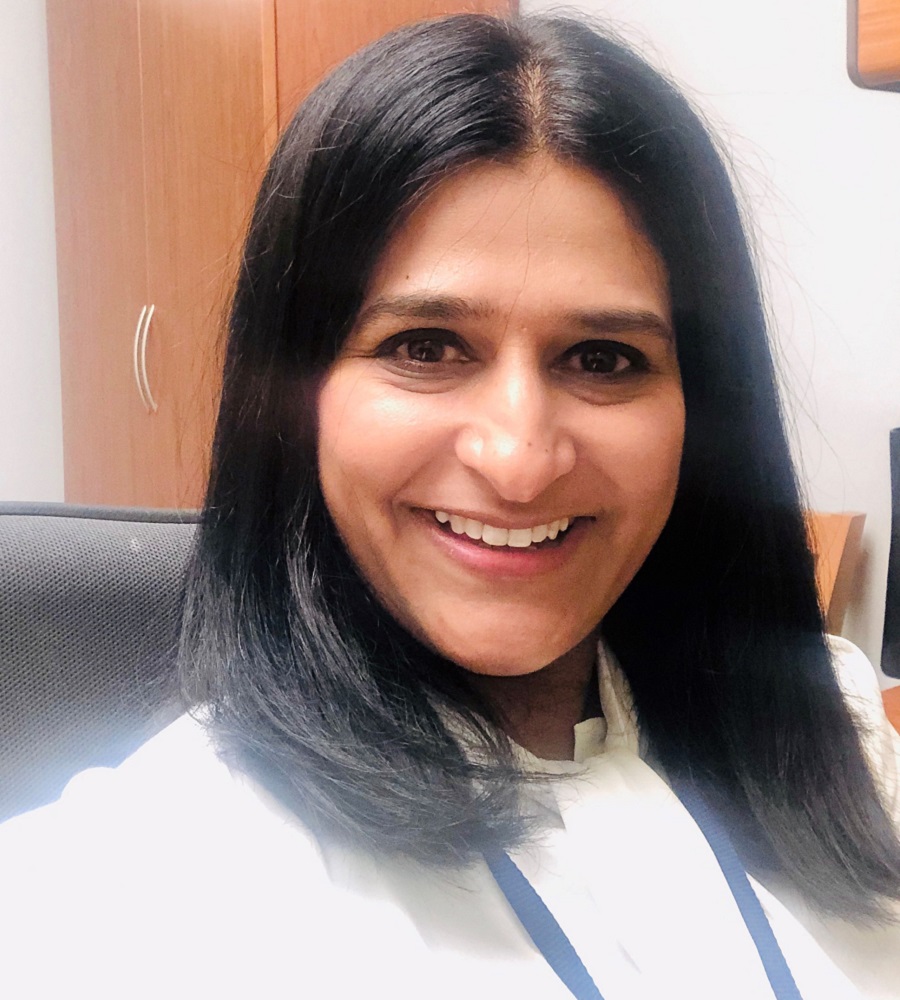Neena A. Gohil, M.Comm.
Other Transaction Agreement Specialist
Division of Extramural Activities
Grants Management Branch
Compliance Section
Contact Info

Biography
Neena Gohil is a grants management specialist in the Grants Management Branch, Grants Section B, within NCATS’ Division of Extramural Activities, where she participates in the planning and business management of the full range of assigned grants and renewal applications submitted to the Center. She also is responsible for negotiating the budget, award period, and terms and conditions for NCATS’ grant awards. Gohil advises applicants and grantees on financial and management issues relevant to their applications and ensures that the awardees comply with established administrative and financial policies, procedures and sound business practices.
Prior to joining NCATS in 2020, Gohil served for 10 years as a sponsored program manager in the Texas Children’s Cancer and Hematology Center at Baylor College of Medicine, where she was responsible for research administration, grants management, financial budgeting and progress reporting. The Texas Children’s Hospital, one of the largest pediatric hospitals in the United States, is affiliated with Baylor College of Medicine and is its primary pediatric training site. Prior to joining Baylor, Gohil also served as the development coordinator at the University of California, San Francisco (UCSF). In this capacity, Gohil supported UCSF’s development office, where she processed funding donations from individuals, corporations and foundations.
In 2001, Gohil earned her Master of Commerce from Osmania University, India, with concentrations in business management, accounting, trade and commerce.
Professional Interests
Gohil is dedicated to NCATS’ mission of transforming the process of turning observations in the laboratory, clinic and community into interventions that improve the health of individuals and the public so that new treatments and cures for disease can be delivered to patients more quickly.


